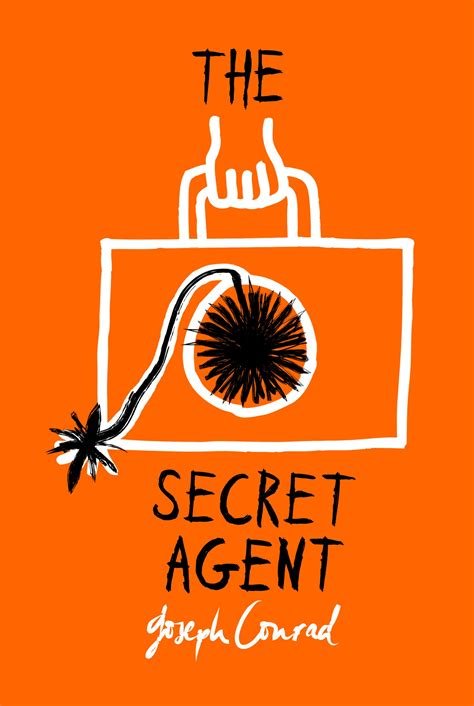London in Literature I: 1778-1948
A brilliant selection of novels about London from the late eighteenth century until the Second World War
Live online course with Angela Harris, 2024
Guest blog post by Wendy Jones
I recently completed a superb course on London in Literature with Literature Cambridge, taught by Dr Angela Harris. The course gave me a new sense of the city I have lived in for 20 years, and a new perspective. We came to see how London, its people and attitudes, have changed over the centuries, and how certain parts of the city gained prominence and developed their character.
Joseph Conrad
We studied six novels published between 1778 and 1948, exploring one book per session for 6 fortnightly sessions. The course is a great incentive to read those books you’ve been meaning to read, starting with Fanny Burney’s Evelina (1778), a highly enjoyable way to begin the exploration of London. Dicken’s Great Expectations (1861) was a joy to study and produced a very full discussion. The Picture of Dorian Gray (1890) by Oscar Wilde raised nuanced questions about morality. Conrad’s The Secret Agent (1907) felt relevant in unexpected ways to our own time. The lecture on Virginia Woolf’s Mrs Dalloway (1925) was a masterclass; Angela knows the novel so thoroughly that its brilliance was revealed with tremendous expertise. Elizabeth Bowen’s The Heat of the Day (1948) made for a strong contrast with Woolf because of the impersonality of the characters, as Angie pointed out, and is a masterly portrayal of London during the Blitz. By the end of the course, I felt I had a much fuller understanding of London. I could see how each writer came to the city with their own worldview, and also how these books helped shape how we see London. As a novelist, I learned a lot about the novel form, how it can be structured, the voices that can be adopted, the use of setting, and more.
The online sessions were welcoming and warm. We chatted briefly with Literature Cambridge Director Trudi Tate before a punctual start and a first-rate lecture by Angela Harris. The lectures last for 60 minutes. Angela began each lecture with an outline of the historical period of the novel and a brief biography of the writer and the forces shaping them. Then she turned to close analysis of the novel. The lectures were highly professional and incorporated the latest research and criticism; at the same time, they were clear and comprehensible.
I looked forward to each lecture and it was a high point of the week. The 50-minute seminar after the lecture was particularly enjoyable and gave the opportunity to explore questions with Angela, Trudi, and the other participants. The seminars were of a high standard and also friendly. It was easy to participate and to explore new thoughts and opinions. There was a range of students of different ages and backgrounds, and across several continents – all of which made for a rich discussion. The lectures are university-level and I found them stretching in an exhilarating way. Handouts with relevant quotations were sent beforehand and used in the lecture, so it was easy to prepare and navigate around the text in preparation. Afterwards, it was possible to listen to recordings of the lectures; I listened to each one several times to fully grasp all the ideas and knowledge presented. I thought it was a fantastic course.
This course, London in Literature I will be repeated in 2025. I will be recommending it to my friends. And in 2026 Angela plans to offer London in Literature 2, covering the 1950s to the present day. I can’t wait.
Dr Wendy Jones
London

